No products in the cart.
Diet change to stay healthy in monsoon change
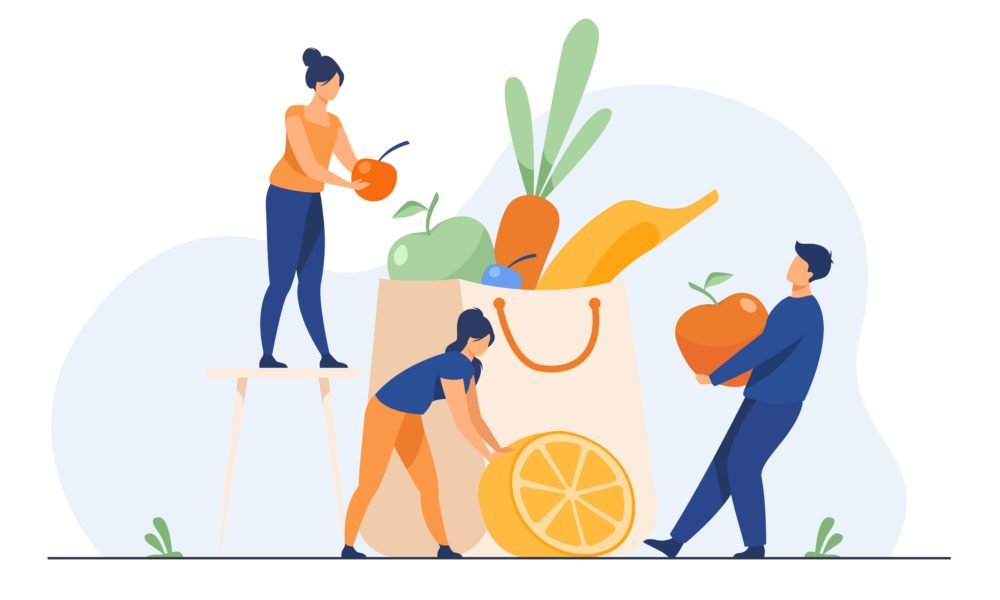
You can listen to this article here!
Getting your Trinity Audio player ready... |
Monsoon has started pouring in. Season change from extreme hot to pleasant and refreshing rainy season is surely soothing. But, rains also bring along its share of health concerns. From food poisoning, diarrhea, infections, cold, and flu to many other health risks, we can fall prey to a host of health issues in this season. And, when COVID-19 is wreaking havoc all over the world, monsoons could be even more dangerous to your health. Therefore, you need to make sure that the food you eat strikes the best balance between nutrition and immunity.
Immunity being the keyword in the current scenario, all we want now is to ensure that our innate immune system can take care of itself. So, eating right and being positive is the best way to go. Here we have rounded up nine food items that you should include in your monsoon diet to keep your immune system at its best!
#1 Turmeric
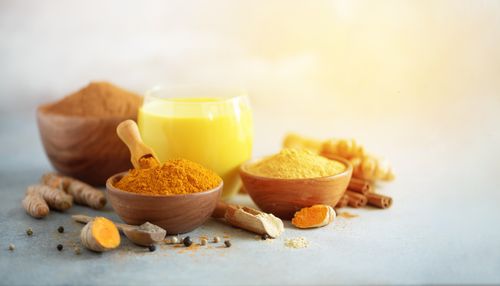
Drink it as Haldi-Doodh at bedtime, add turmeric powder to your everyday food, or have freshly grated ginger-turmeric blend as a sidekick to your platter; turmeric, in any form, is excellent for your health. Not only during the monsoons, but it should be your go-to in every season.
It has antiseptic, antiviral, antifungal, antibacterial, antimicrobial, and anti-inflammatory properties. No wonder turmeric is called the golden spice of the kitchen. Not only does it boost your natural immunity, but it takes care of your overall health. The active potent compound in turmeric is curcumin that helps us keep healthy and fight infections.
#2 Probiotics and fermented food
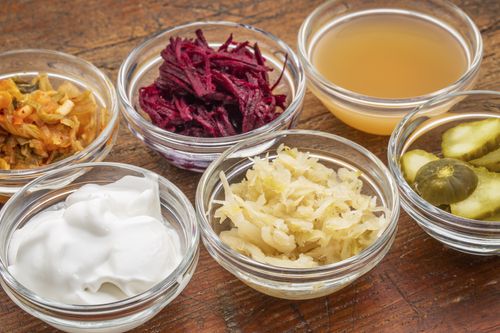
You should include more probiotics and fermented food, like yogurt, buttermilk, pickled veggies, in your diet to make sure that your gut flora is happy. Probiotics are the good bacteria that live in our gut or intestinal tract. These bacteria can help fight off disease-fighting germs as well as bad bacteria from thriving in our bodies.
#3 Lemon: Pulp + Zest
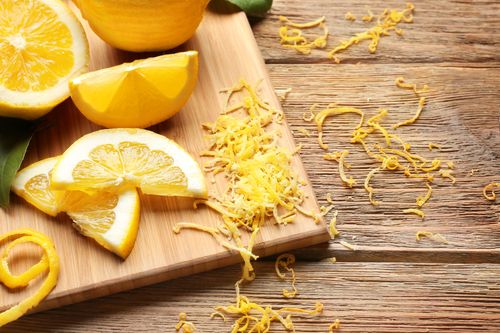
Lemon is pure vitamin C, and it is great for your immunity, the need of the hour. It fights infections, eases digestion, strengthens bones, and does a lot more good things for your body.
And did you know that lemon zest is as nutritious as the flesh? Full of bioactive compounds and flavonoids, lemon pulp+lemon zest is an incredible addition to your monsoon diet. Sprinkle lemon juice on your food, grind lemon zest to a dish, or simply drink a glass of lemonade, this citrusy delight will take care of your nutrition and immunity.
#4 Indian masala chai
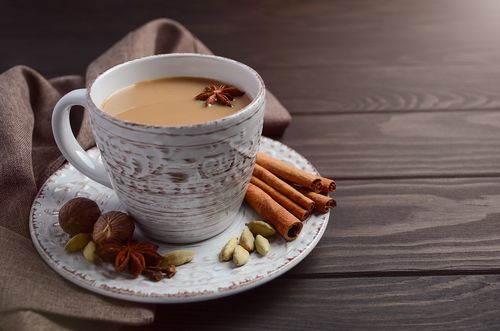
When the perfect olio of spices, like ginger, clove, cinnamon, cardamom, tulsi leaves, and dried black pepper, goes into the boiling water with the right proportion of tea leaves and milk, a natural immunity-boosting brew goes in the making.
Cardamom and cloves are effective against many infections, and peppercorns prevent and soothe symptoms like cold and flu. Cinnamon is a bank of medicinal and anti-inflammatory properties too. So, even if you are not a tea drinker, consider masala tea as a medical concoction and steer the side effects of monsoon away.
#5 Garlic
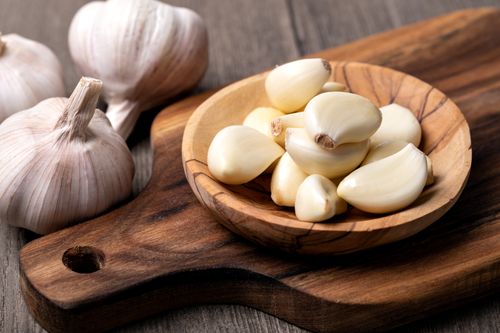
Also named as the stinking rose, garlic comes with loads of health benefits. It fights the cold and flu-causing viruses and gives a boost to your immune system. Studies show that eating garlic on a daily basis increases the number of T-Cells in the blood, thus helping to protect you from viral infections like cold and flu. Alliin is a compound found in whole garlic. And, when you pound or bite garlic in raw form, alliin changes to allicin, the most potent ingredient found in garlic.
These compounds are loaded with medicinal properties and said to increase the disease-fighting response of your body. You can reap the best benefits of garlic by eating it raw.
#6 Nuts and dry fruits
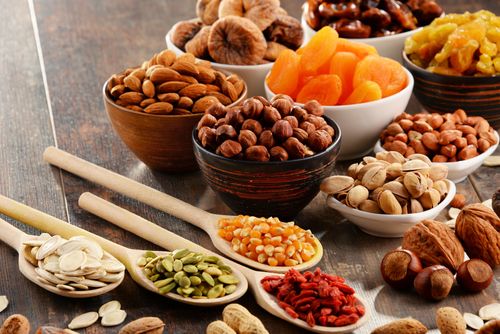
Munching on dates, almonds, and walnuts is a good idea, no matter what the season. However, as these nuts are rich in vitamins and minerals, these are great options to add to your monsoon diet. Rich in riboflavin, niacin, and vitamin E, these food items help to strengthen your immunity. Also, Vitamin E is a powerful antioxidant, which helps in keeping your cells healthy.
If you are thinking of binge eating replace junk food and add nuts, dry fruits and seeds in your diet and make your nutrition complete with the bliss of immunity.
#7 Spinach
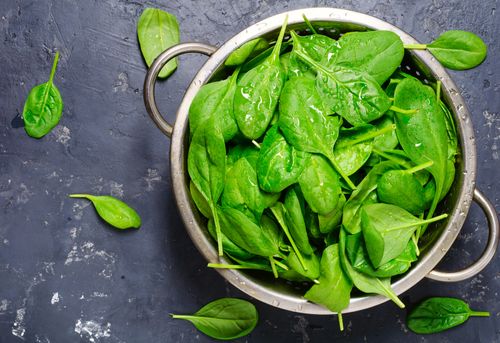
Spinach is a superfood. It is a good source of vitamin A, E, and C, beta carotene, folic acid, and fiber. All these nutrients and antioxidants help your body to carry on its functions properly and bestow you with a great immune system thereby preparing you for the monsoons. Although you may find many references saying it’s not good to have leafy veggies during monsoons owing to the mud and dirt sticking to them, you can always make sure to wash them really well before cooking.
#8 Bitter Gourd
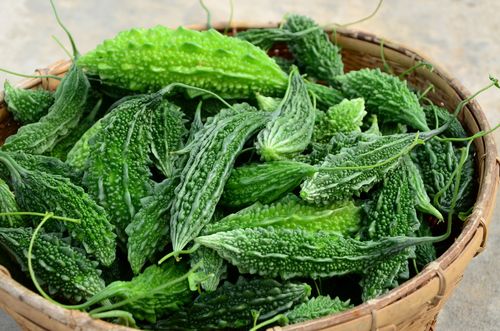
Although the very mention of this veggie might make you hide inside your wardrobe, bitter guards are rich in Vitamin C, and antiviral as well. So, the next time your mother cooks it, do taste it. You can have it boiled, stewed with other seasonal vegetables, or fried. Whichever form you like or don’t like, make sure to add it to your monsoon diet.
#9 Ginger
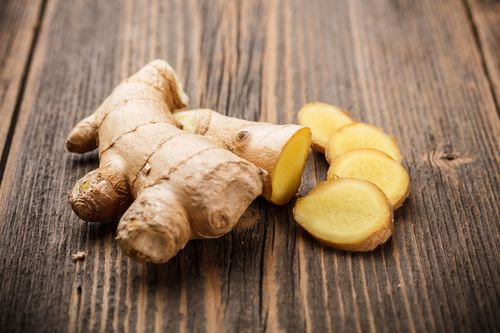
Ginger is an excellent herb with antibiotic, antiseptic, anti-inflammatory, and antimicrobial properties. It is also rich in antioxidants. No wonder, it is a go-to remedy for cold and cough, sore throat, body ache, among others, integral to every household. Ginger is also useful in boosting your immunity level. You can have it by steeping in water as ginger tea, or add it to soups and curries or have it with turmeric and milk as a soothing Haldi doodh.
Foods to Avoid During the Monsoon
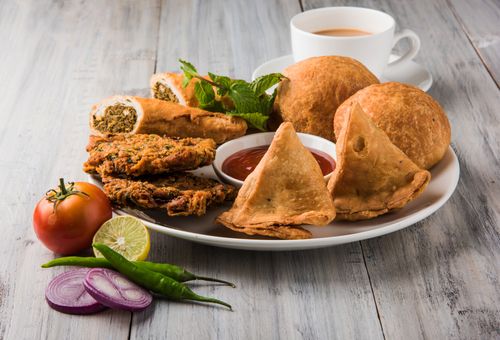
Like we have the do’s for monsoon diet, we also have the don’ts. Let’s take a look at the foods you should avoid eating during the rainy season.
- There is an irresistible string attached between the rains and pakoras and samosas, and everything fried and crisp. Munching on your favorite fried food might make you feel the bliss from inside your mouth, but these could make your tummy bloated. Humidity tends to slow down your metabolism, hence affecting your nutrition and immunity.
- Frizzy carbonated beverages are tempting. However, these tend to lower the minerals’ level in your body, resulting in lower enzyme activity and a weak digestive system. So, whenever you feel like quenching your need for a cold drink, reach for a glass of nimbu paani, your daily dose of vitamin C.
- Cravings of paani puri and papri chaat might comfort your taste buds, but these dishes are certainly not the right choice during monsoons considering the hygiene factor, with the air of the global pandemic surrounding us.
- As the rainy season happens to be the breeding time for sea fish, it’s better to avoid eating sea fish and have fresh-water fish and other forms of meat like chicken and mutton.
Summary
Always remember, your nutrition and immunity depends on the food you eat. Therefore, you should be conscious of what you are feeding in. In this tough time of the pandemic, when keeping your immunity uptight is highly crucial, do have a focus on your diet and safety as well.
Source: Healthify Me
Leave a Comment